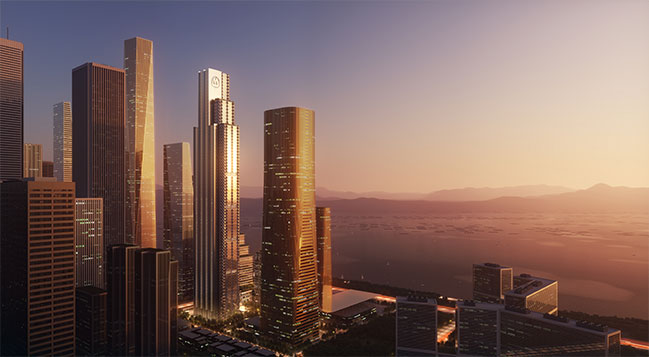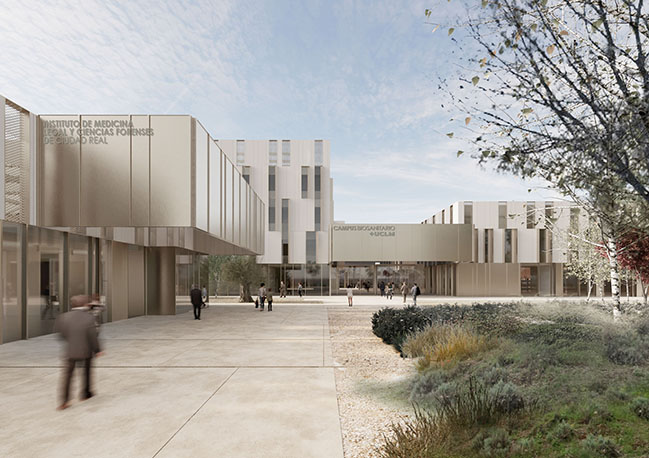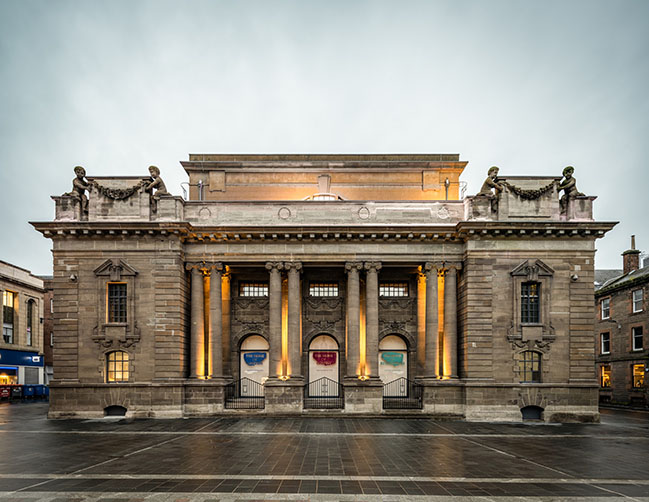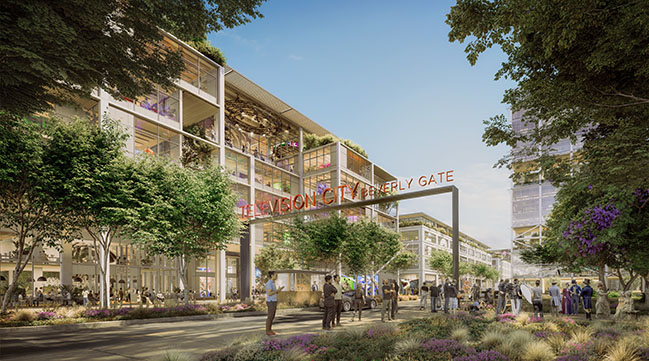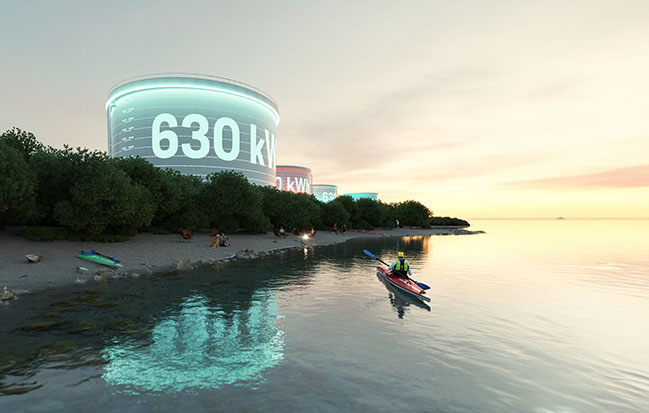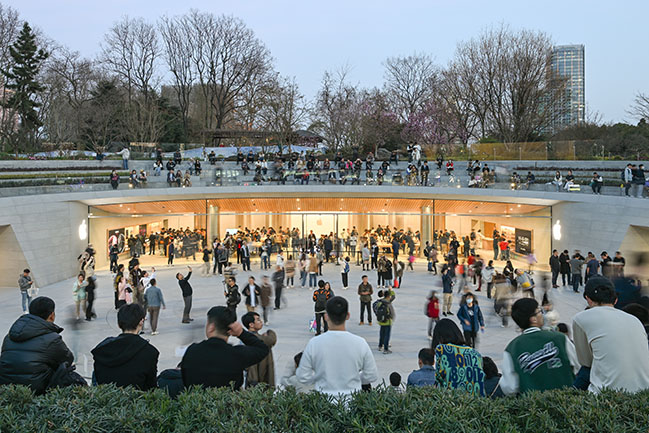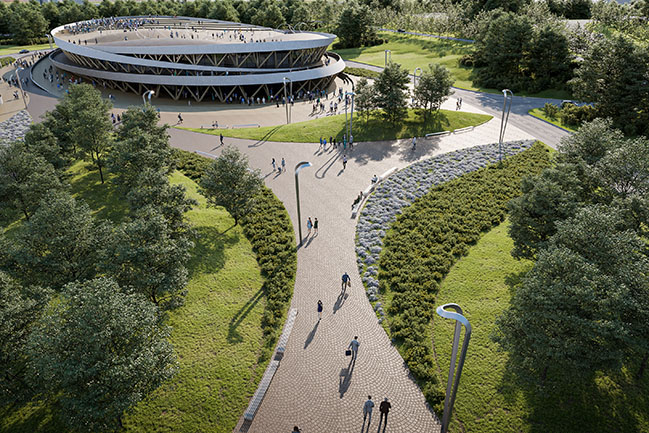04 / 16
2024
In response to the harsh climate, scattered housing structures, and strong coupling of production and residence in pastoral areas, the team has developed a lightweight prefabricated building system suitable for local nature, resources, and society...
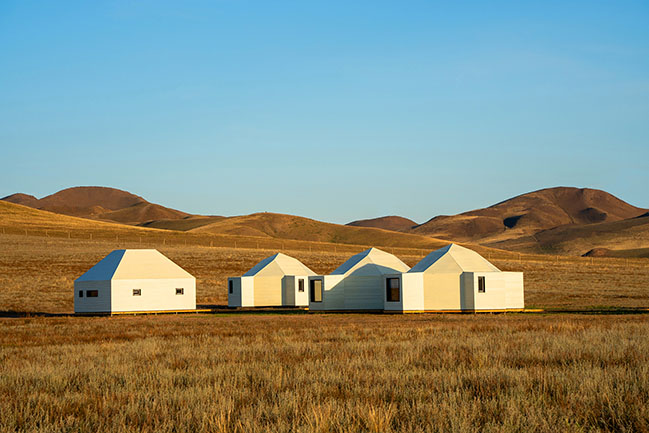
> Structural Fabric Weaves Tent Shelters into Communities
> Luxury Wadi Rum Desert Resort by Oppenheim Archtiecture
From the architect: In the pursuit of sustainable development in pastoral areas, people are actively seeking solutions from multiple dimensions. The integration of climate, resources, housing, production, and culture in pastoral areas has created its unique attributes. We keenly feel the existing problems in the sustainable development of pastoral dwellings, as well as the lack of precise and comprehensive solutions in the practical process, which urgently requires systematic sorting and creative exploration of sustainable development in pastoral areas. In response to the harsh climate, scattered housing structures, and strong coupling of production and residence in pastoral areas, the team has developed a lightweight prefabricated building system suitable for local nature, resources, and society. The Mongolian ger system with a lightweight wooden pole structure is one of the many systems we have developed, which provides settlement layout patterns, types of housing spaces, and corresponding construction techniques for grassland pastoral and cultural tourism residences.
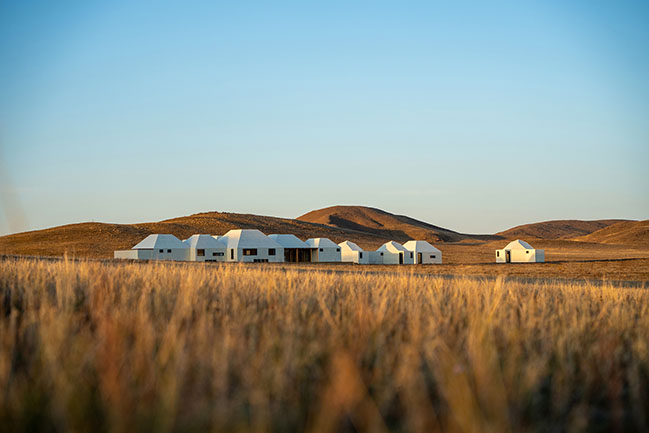
I. Prototype Design: In the grassland human settlement environment, the traditional Mongolian ger is an important carrier of wisdom. The traditional Mongolian ger carries the life, production, and ecological values of nomadic ethnic groups, and it features easy assembly, disassembly, and portability. The dome-shaped space of the traditional Mongolian ger is a reflection of the spiritual world and core values of nomadic ethnic groups, as well as an ingenious response to natural climate. In the design of the pole ger system, the spatial form of the traditional Mongolian ger dome is inherited through geometric reconstruction. Unit modules and a combination expansion mechanism are incorporated into the organization of the planar space to create a more diverse and open architectural space that meets modern usage needs. This results in a flexible architectural prototype and database.
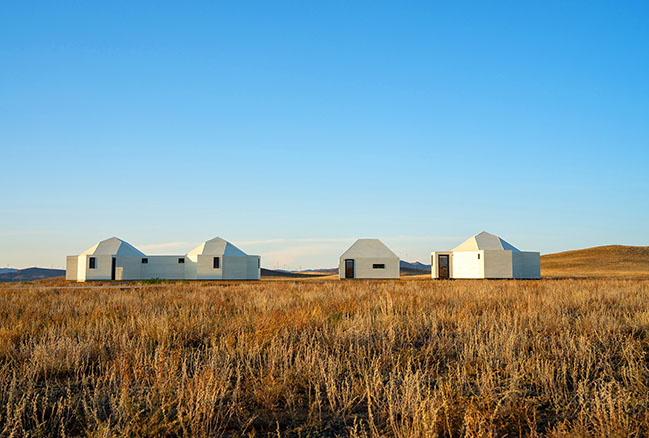
II. Structure Design: The pole ger system is a structural system composed of small cross-section integrated glued wooden poles orthogonally overlapped. The pole ger system extracts the wisdom of the traditional Mongolian ger’s Hana wall and evolves into an assembly-type structural system suitable for the grassland. The traditional Mongolian ger’s Hana wall forms an elastic structural system through the binding of willow twigs and rawhide ropes, which is also the most brilliant part of the traditional Mongolian ger wooden structural system. The willow twigs and rawhide ropes are replaced by integrated glued wooden poles and prefabricated steel components, accumulating and combining in an orthogonal logic to construct a stable structural system. By scientifically calculating and arranging the poles, a structural model database that can be freely selected to respond to different climates, scales, and spatial forms is established. This system features factory prefabrication, on-site assembly, small structural cross-sections, and light overall weight, allowing for rapid construction and installation on the grassland without the need for large mechanical equipment.
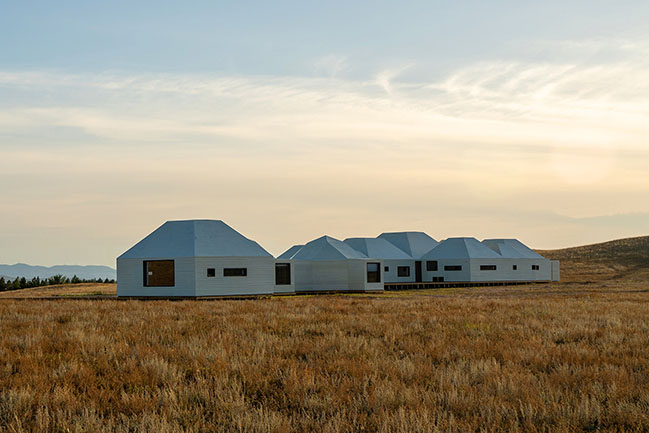
III. System Design: Building upon the foundation of the structural design, and in response to practical needs, the integration of composite maintenance structures, energy systems, and intelligent systems is implemented. The material selection and structural model database of the enclosing structure are matched to maximize the uniformity of modules, while achieving the roles of material conservation, efficiency enhancement, and cost control. In structural design, the focus is on addressing issues such as multi-level coupling and on-site fault tolerance to ensure the building’s air tightness, thermal insulation, and heat insulation, while achieving the effect of prefabricated assembly. The heating system utilizes low-temperature radiant electric heating film and a wireless remote intelligent control system to accurately monitor and collect energy consumption data, independently regulate the temperature of each individual module, substantially control energy consumption, and enhance residential comfort.
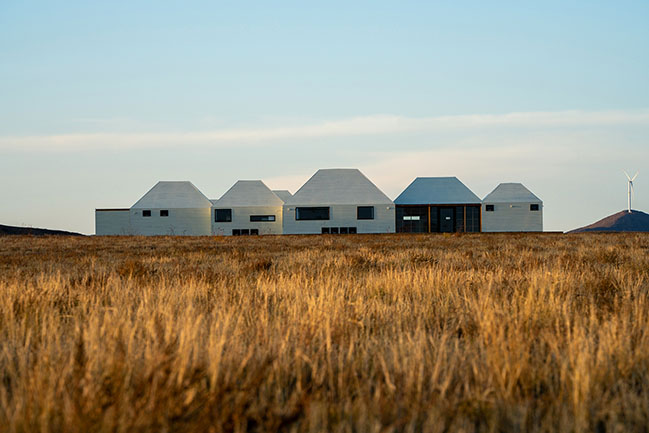
This system explores a new lightweight prefabricated building system for contemporary grassland living from the perspective of low-carbon livability. The sustainable development of the grassland living environment is an interdisciplinary and comprehensive issue. We use architecture as a carrier, proactively drawing wisdom from relevant fields within our reach, and consciously exploring a new paradigm for the sustainable development of the grassland living environment, continuously advancing the development of the grassland living environment. After years of research and experimentation, the team has launched a series of contemporary pastoral dwelling architectural systems that meet the needs of the times and embody the inheritance of grassland culture.
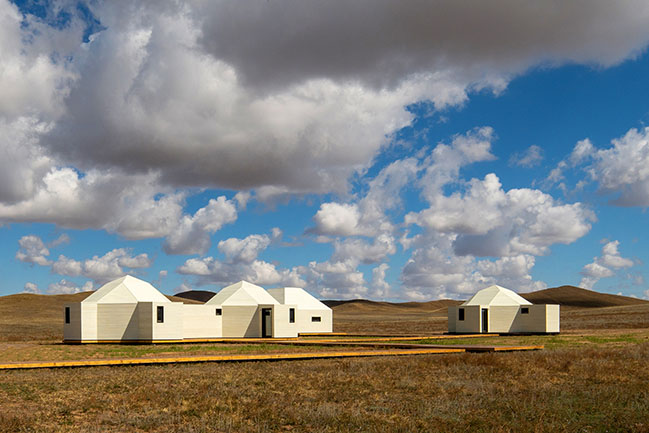
Design Company: Ger Atelier + Inner Mongolian Grand Architecture Design CO.,LTD.
Project Location: Zhengxiangbaiqi, Xilin Gol League, Inner Mongolia, China
Year: 2023
Design Guidance: Zhang Pengju
Lead Architect: Zalagenbaier, Huhehada
Design Team: Daimurigen, Qu Wenyong, Mengkezhula, Liu Handong(internship), Xie Haodong(internship), Zhao Zhen(internship)
Construction Company: Ger Atelier
Developing Party: Zhengxiangbaiqi Weilisi Industrial Service Co., Ltd
Photographs: Dou Yujun
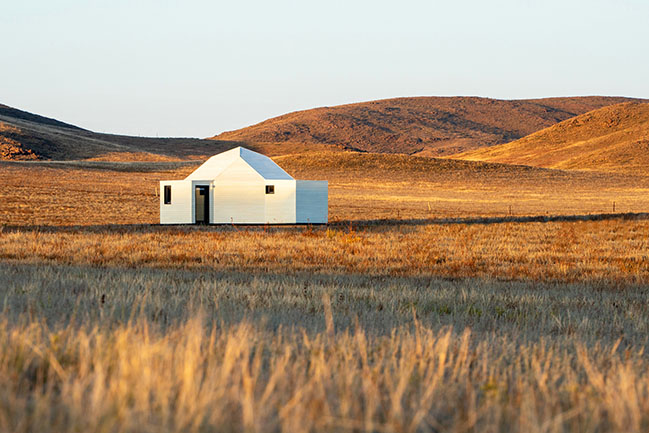
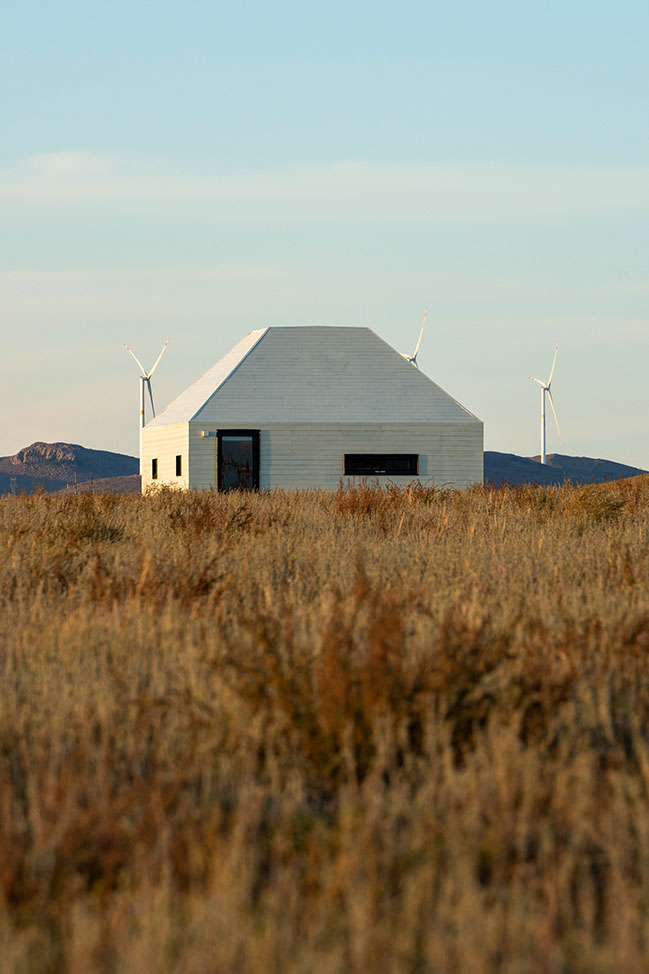
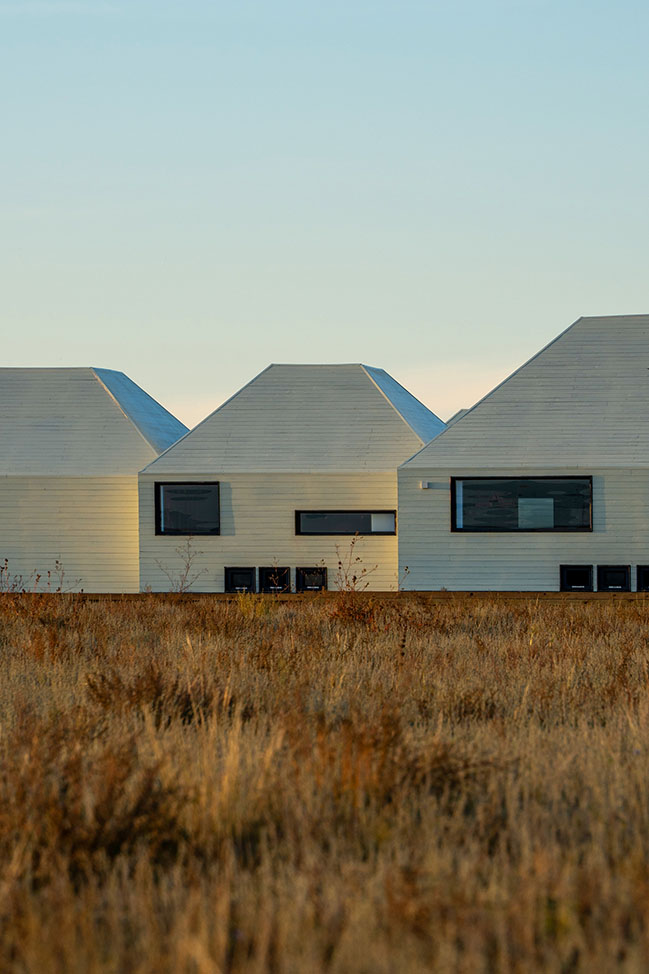
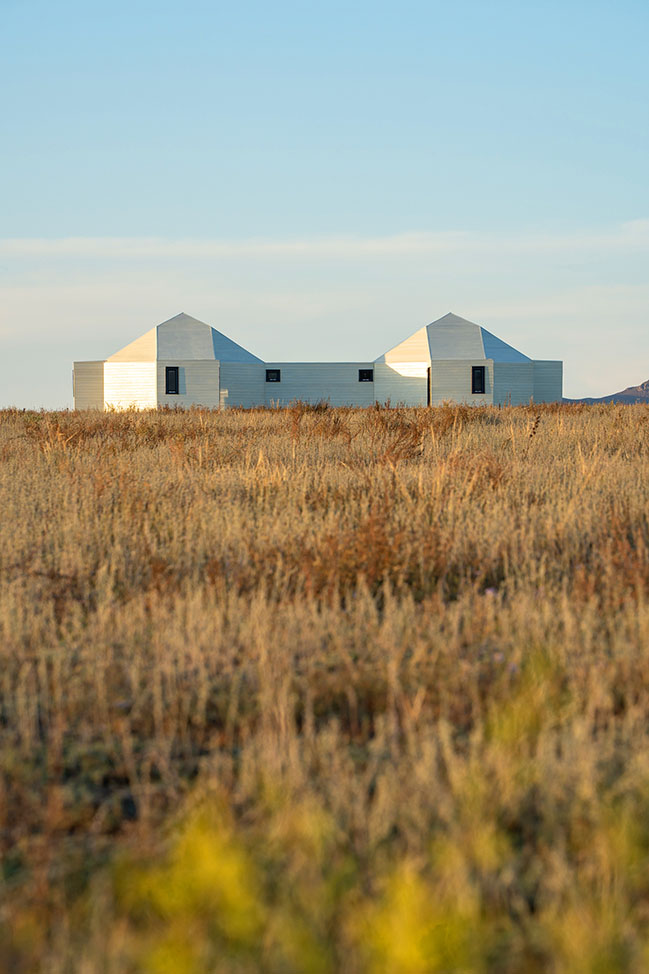
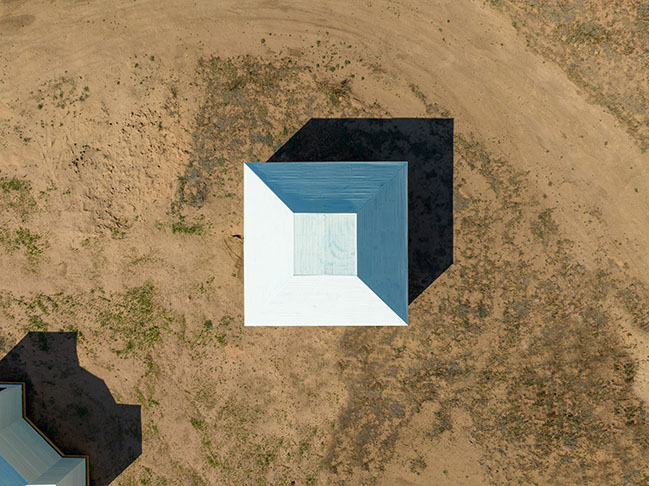
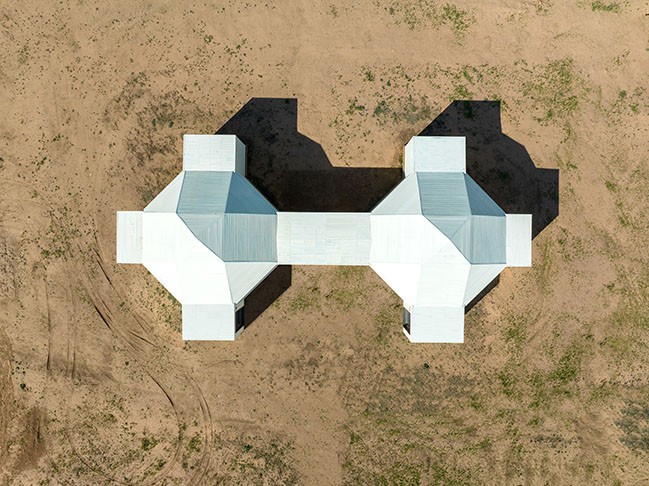
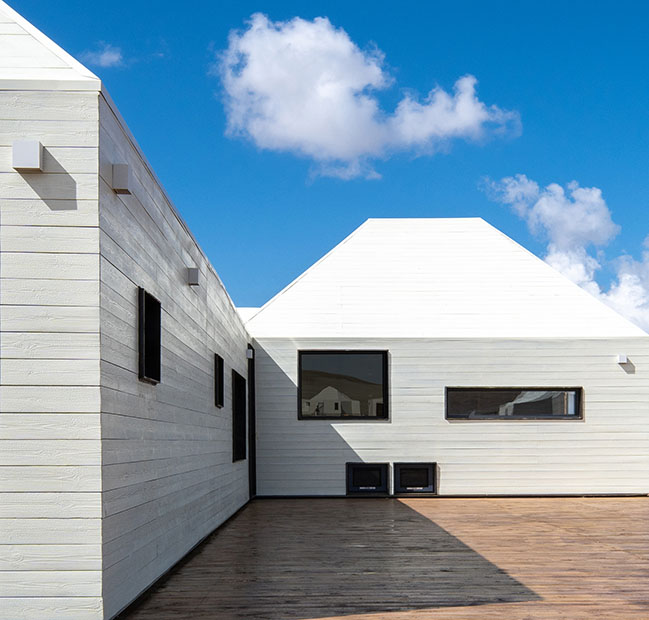
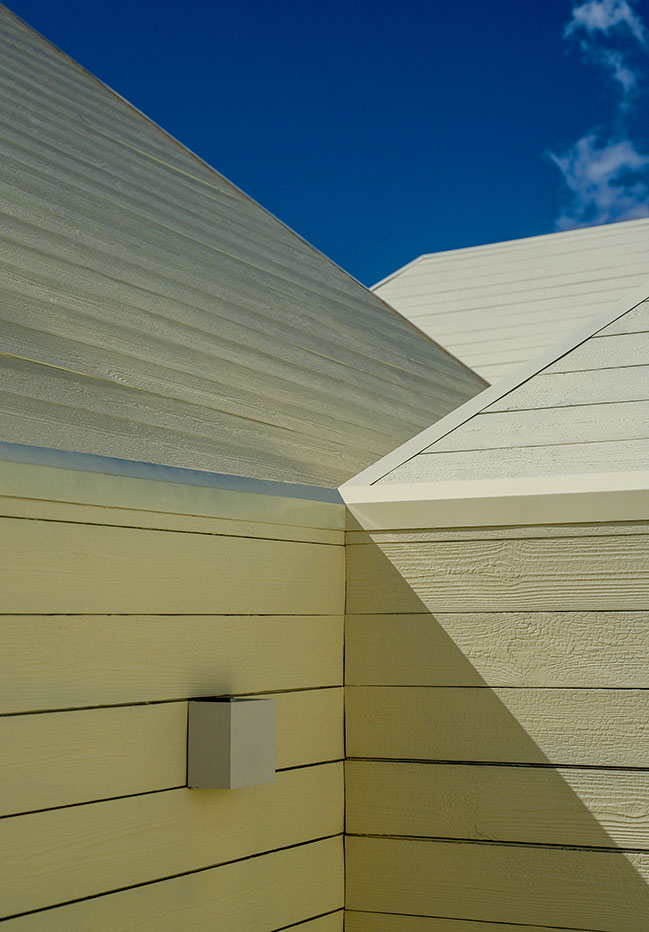
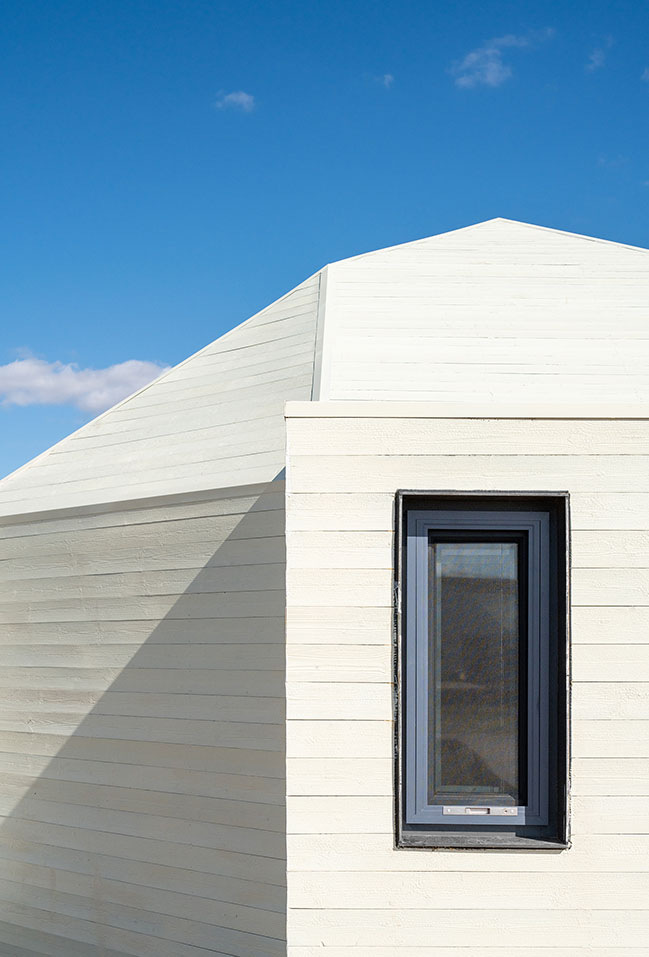
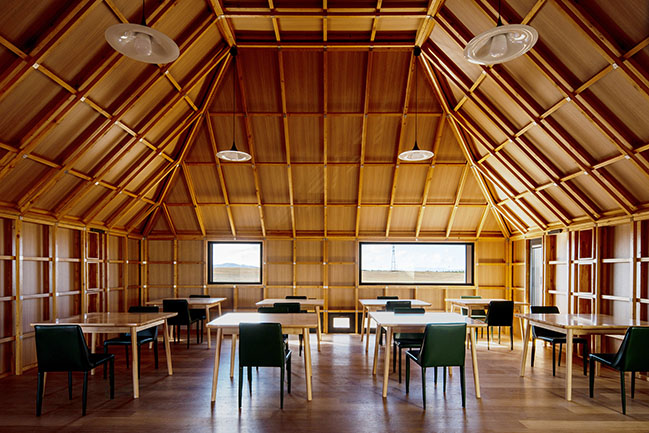
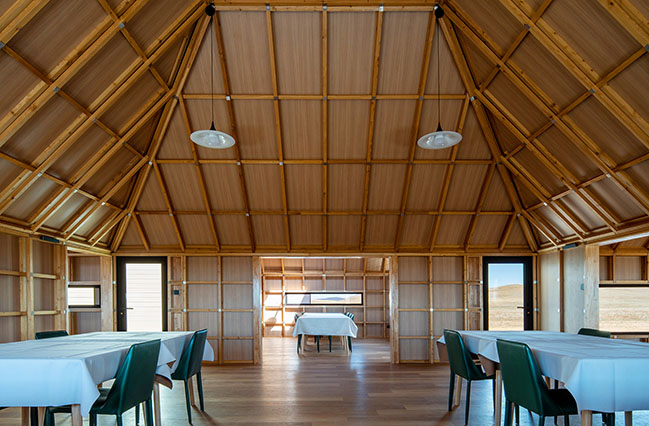
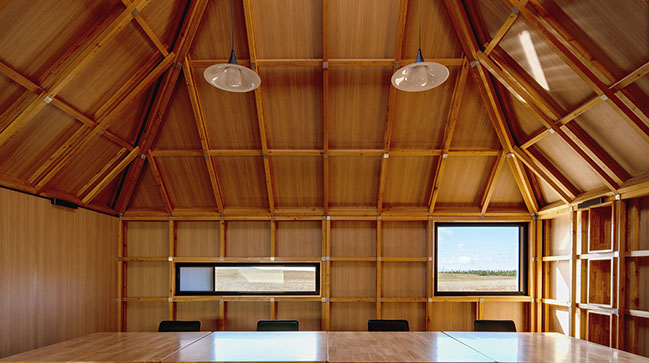
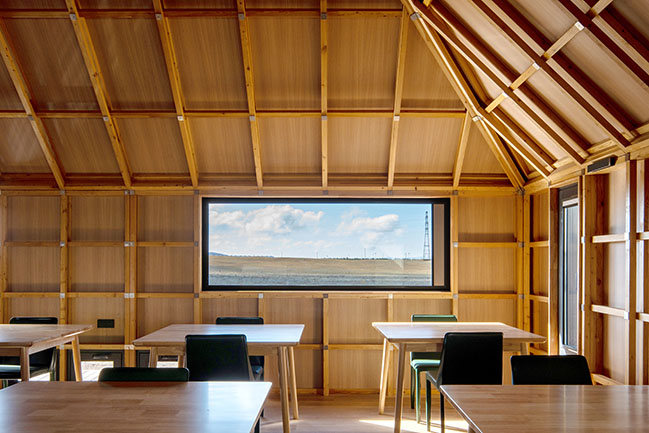
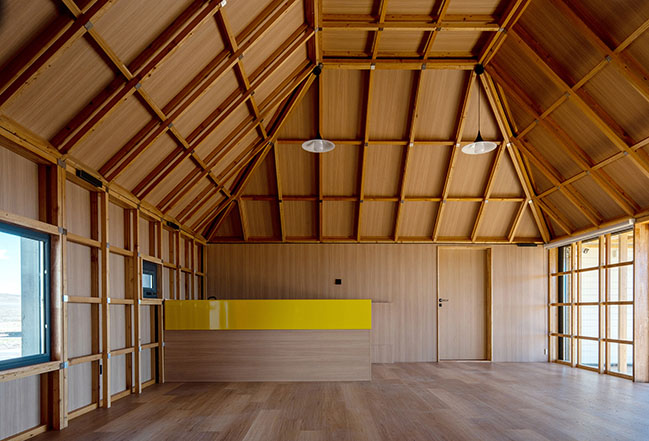
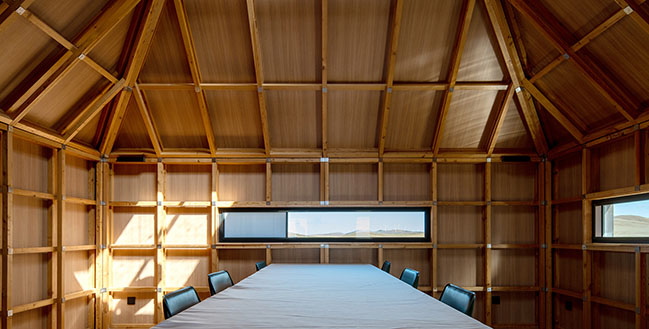
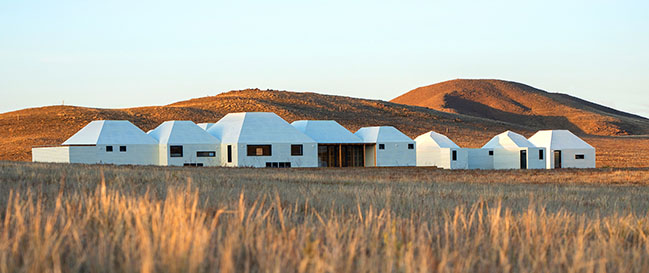
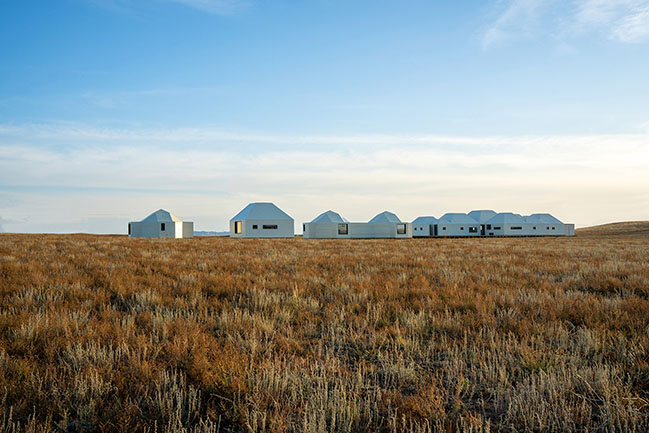
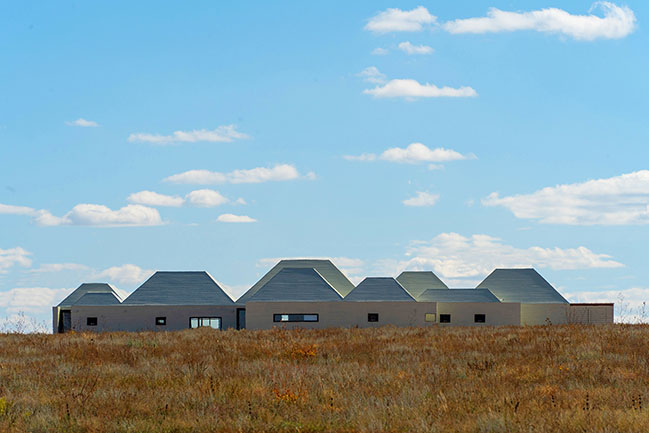
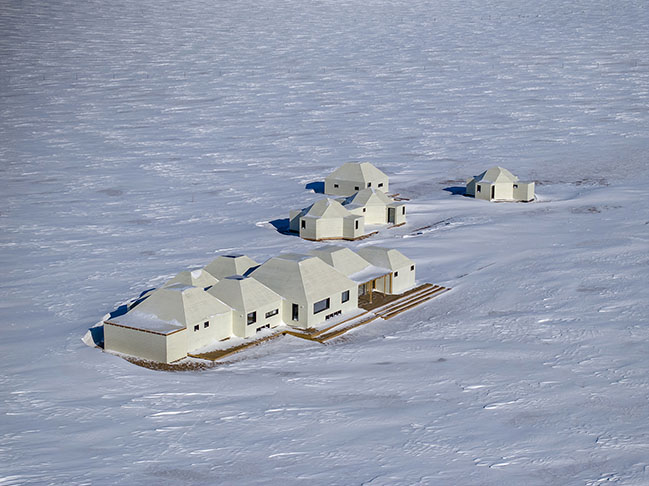
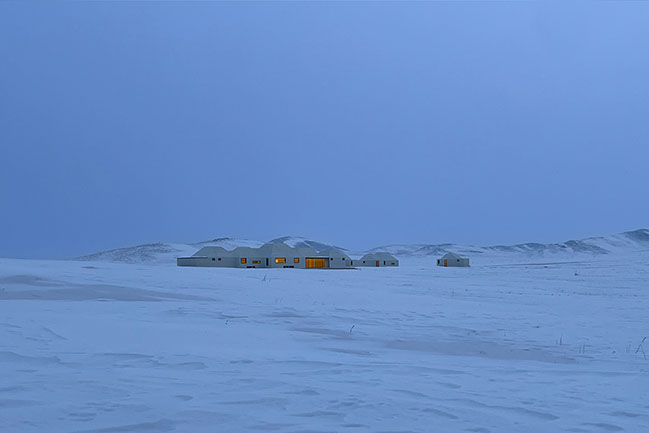
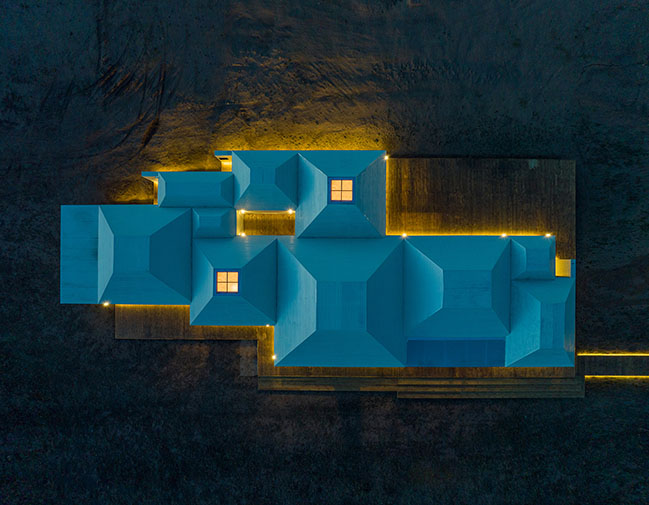
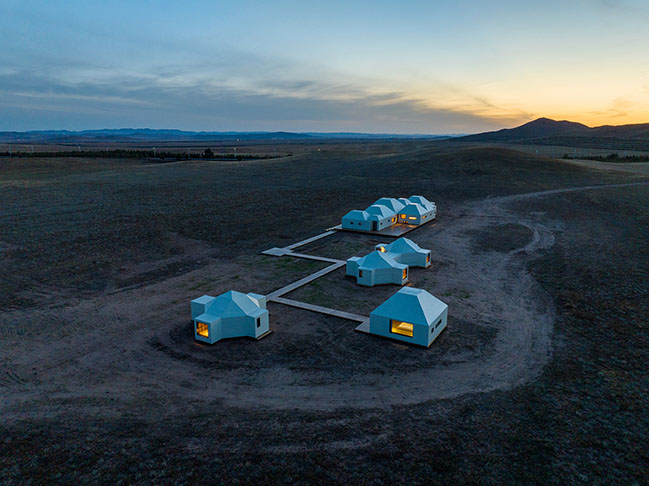
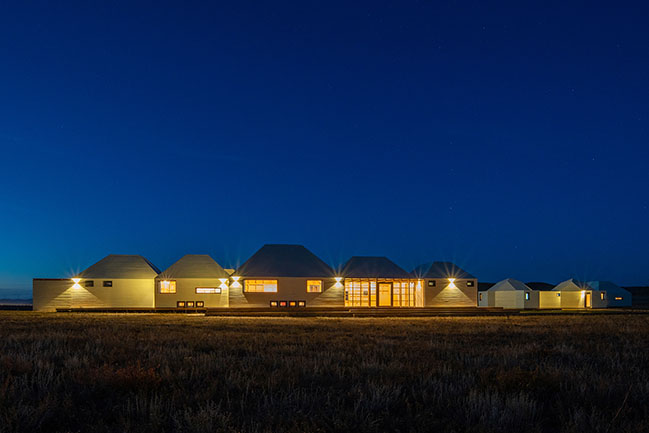
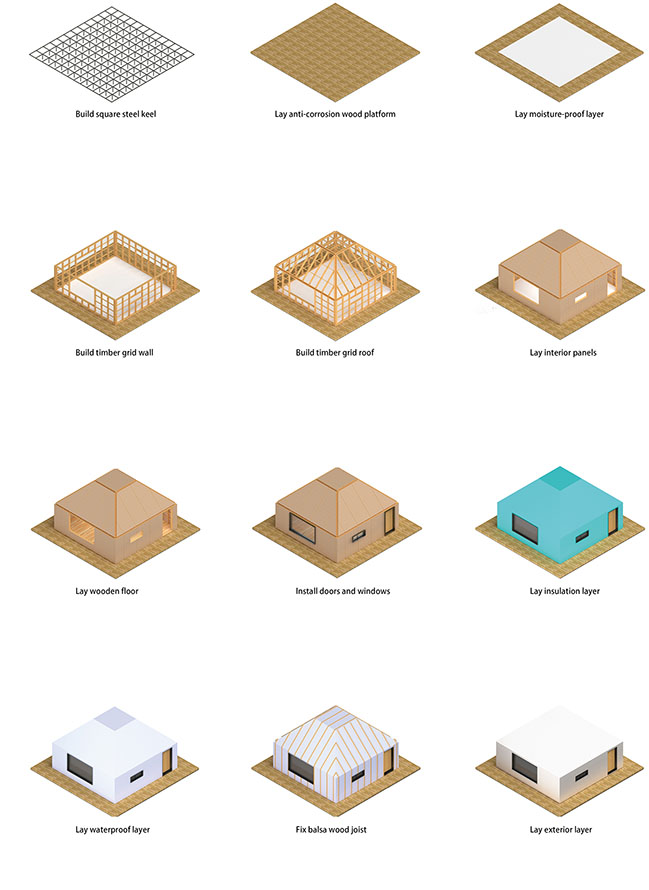
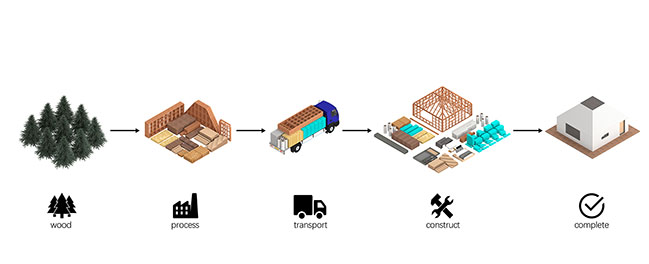
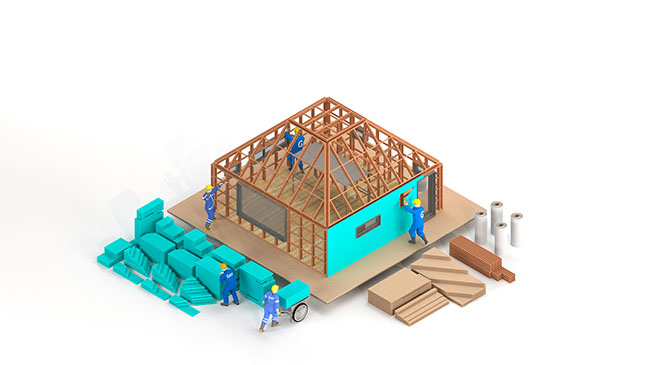
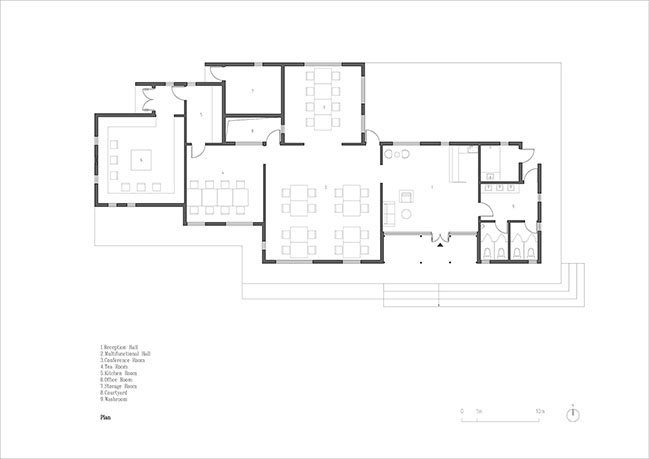
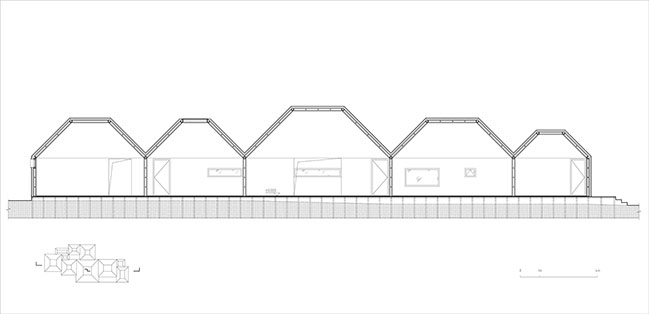
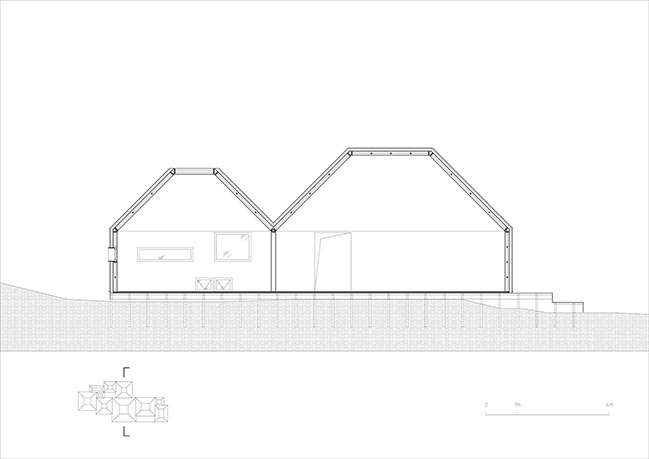
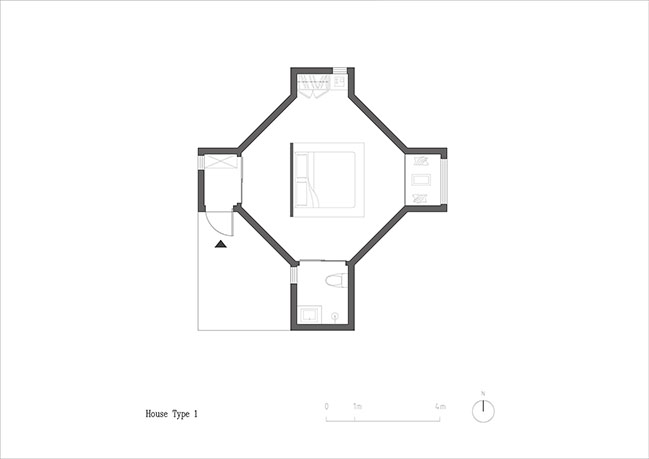
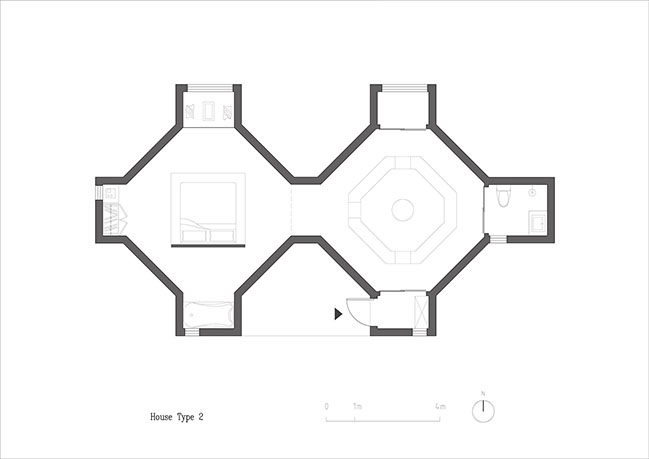
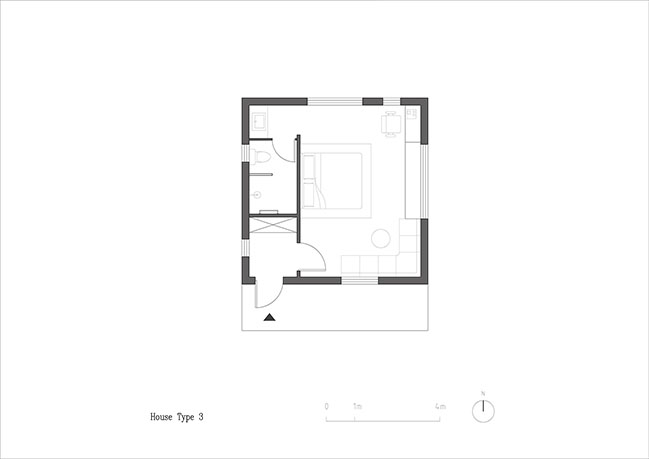
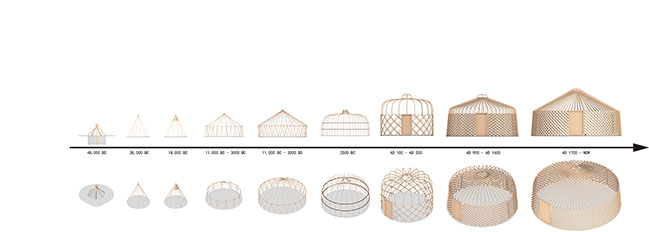
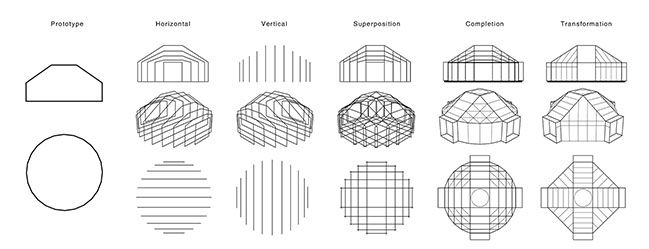
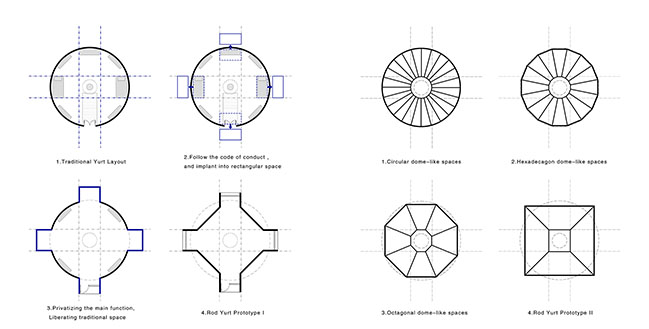
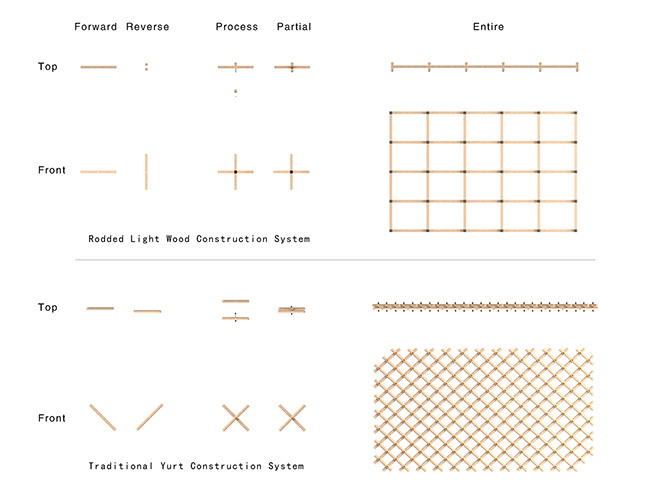
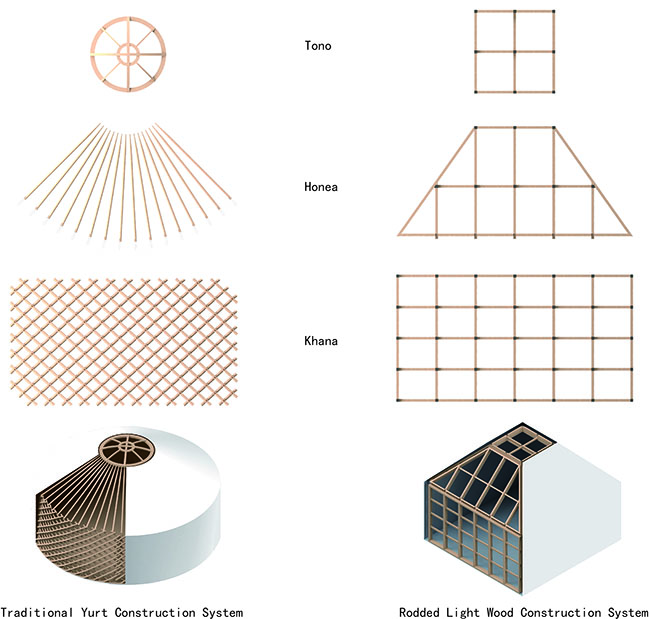
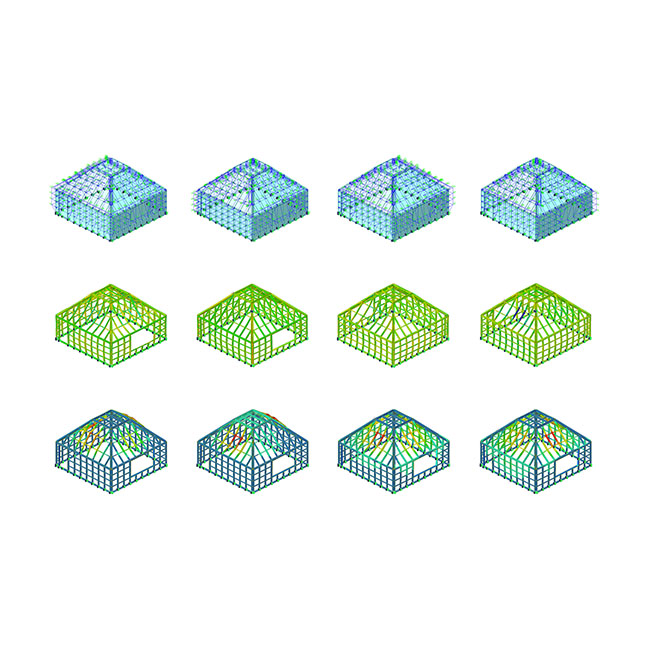
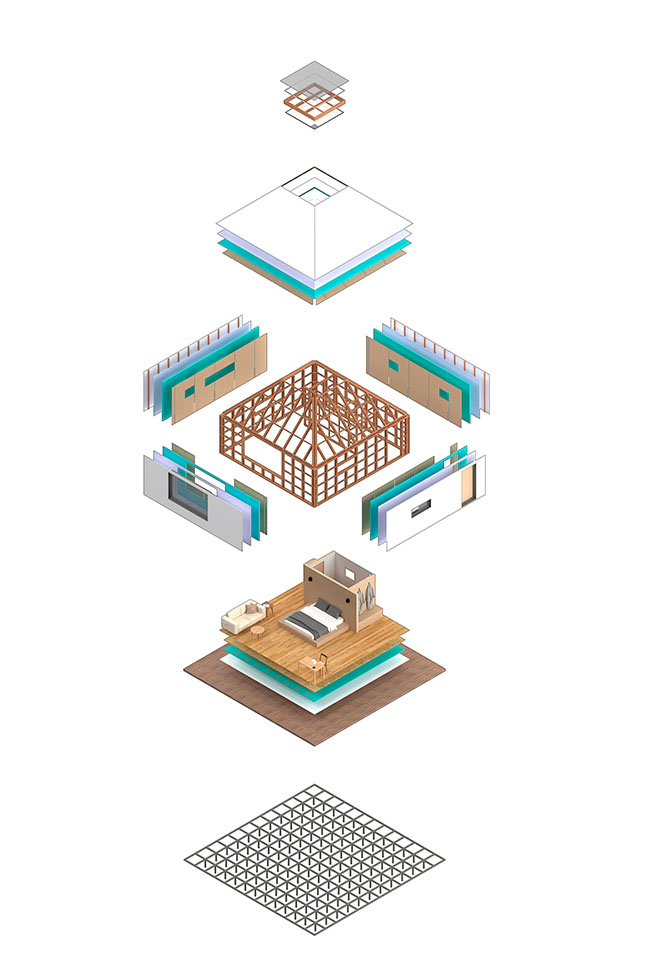
The New Construction of the Grasslands by Ger Atelier + Inner Mongolian Grand Architecture Design CO.,LTD
04 / 16 / 2024 In response to the harsh climate, scattered housing structures, and strong coupling of production and residence in pastoral areas, the team has developed a lightweight prefabricated building system suitable for local nature, resources, and society...
You might also like:
